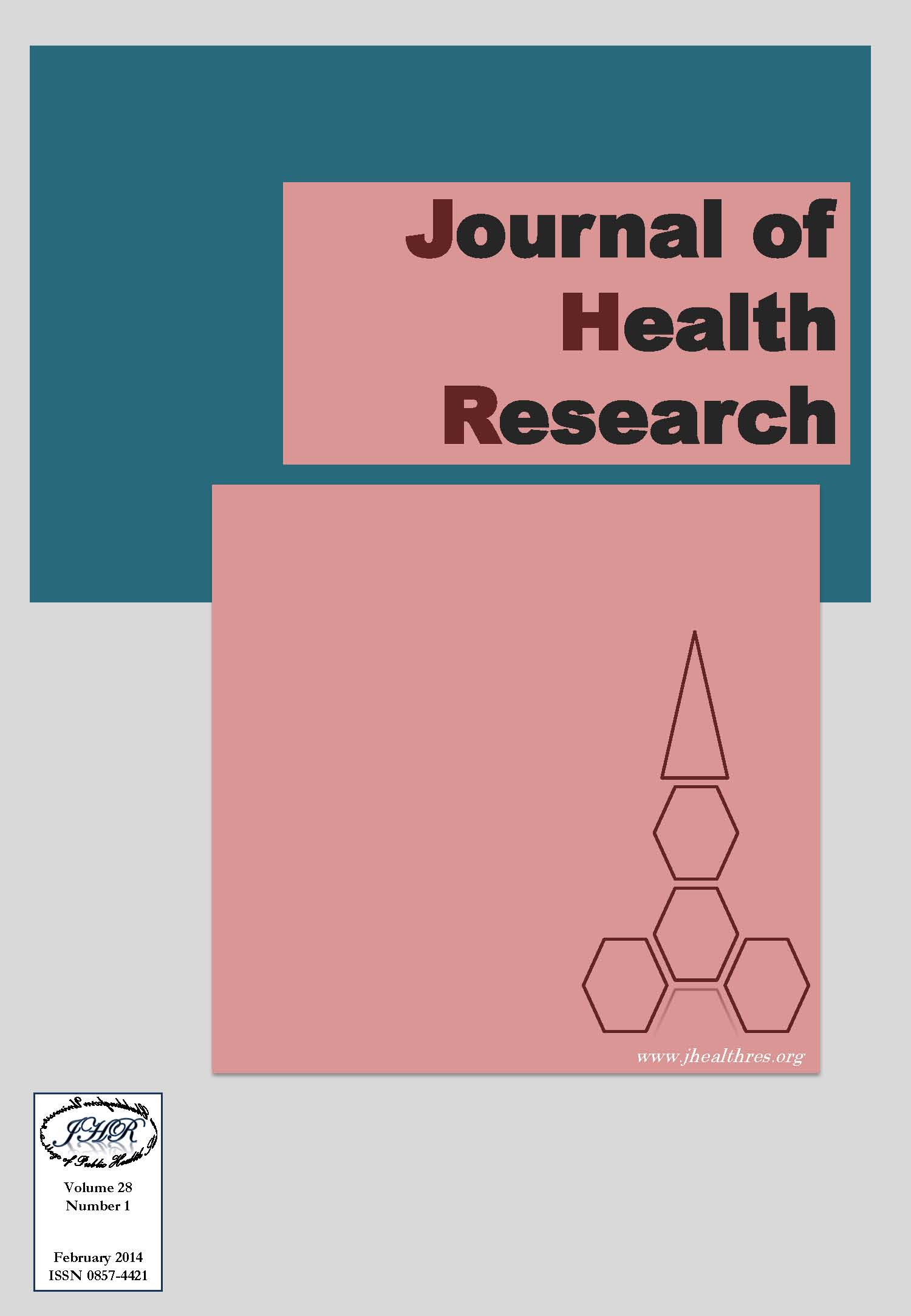Knowledge Attitude and Practices of Hygiene Behaviors among Nargis Cyclone Survivors of Laputta Township, Ayeyarwaddy, Union of Myanmar
Keywords:
Knowledge Attitude & Practices, Hygiene behaviors, Nargis Cyclone survivors, Laputta Township, Union of MyanmarAbstract
The study was descriptive cross-sectional study to learn about socio-demographic factors, influencing factors on hygiene knowledge, attitude, practices of hygiene behaviors, and knowledge, attitude, readiness to practices, and practices of hygiene behaviors among Nargis cyclone survivors of Laputta Township, Ayeyarwaddy, Union of Myanmar. It also explored the relationship among socio-demographic factors, influencing factors on knowledge, attitude and practices of hygiene behaviors and knowledge, attitude, readiness to practices, and practices of hygiene behaviors. The study was conducted during March 2013. The cluster sampling and simple random sampling methods were used to identify appropriate respondents in the study village for quantitative research. Face-to-face and structured interview questionnaire survey was applied with 440 respondents, both males and females, age 18-59 years old. Data analysis employed descriptive statistics and inferential statistics (Chi-square test) to find the relationship between dependent and independent variables. The result revealed that (41.6%) of the respondents had high level of knowledge and (69.5%) had positive level attitude towards hygiene behaviors, but only (30.2%) had high level of practices of hygiene behaviors. Three socio-demographic factors, namely, education, occupation, and household income indicated statistically significant relationship (P-value= <0.05) with knowledge, attitude, readiness to practices, and practices of hygiene behaviors. The influencing factors, such as, presence of health center, presence of hygiene promotion/education activities, presence of water safety items, fly-proof latrine, hand washing facilities, all demonstrated statistically significant relationship (P-value = <0.05) with knowledge, attitude, readiness to practices, and practices of hygiene behaviors. In addition, knowledge, attitude, readiness to practices, and practices of hygiene behaviors showed statistically significant relationship among each other (P-value = <0.05).To build better hygiene behaviors of the cyclone affected populations, sustainable behavioral change hygiene improvement measures should be implemented. Additional recruitment of health care personnel along with building of functioning health centers equipped with quality drugs should be prioritized. Sustainable hygiene education activities should be implemented by organizing education package including training course, focus group discussion and home visit.






